Best Companion Plants For Pak Choi
Title: Best Companion Plants for Pak Choi
Introduction:
Pak choi is a delicious and versatile leafy green vegetable that is easy to grow. It is a member of the brassica family, which also includes broccoli, cabbage, and kale. Pak choi is a cool-season crop that prefers full sun and well-drained soil. It is also a good choice for companion planting, which is the practice of planting different types of vegetables together to benefit each other.
Main Content:
There are many different companion plants that can be grown with pak choi. Some of the best include:
- Carrots: Carrots and pak choi are both root vegetables that benefit from each other's presence. Carrots help to improve the drainage of the soil, which can help to prevent pak choi from developing root rot. Pak choi, on the other hand, helps to deter pests that can damage carrots.
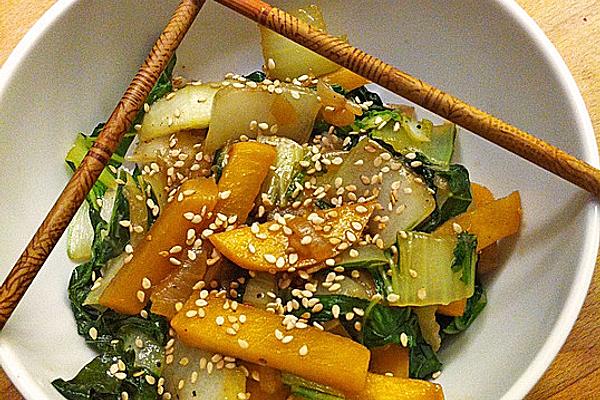
- Beans: Beans are nitrogen-fixing plants, which means that they can add nitrogen to the soil. This can help to improve the growth of pak choi. Beans also help to suppress weeds, which can free up your time and energy so you can focus on other tasks.
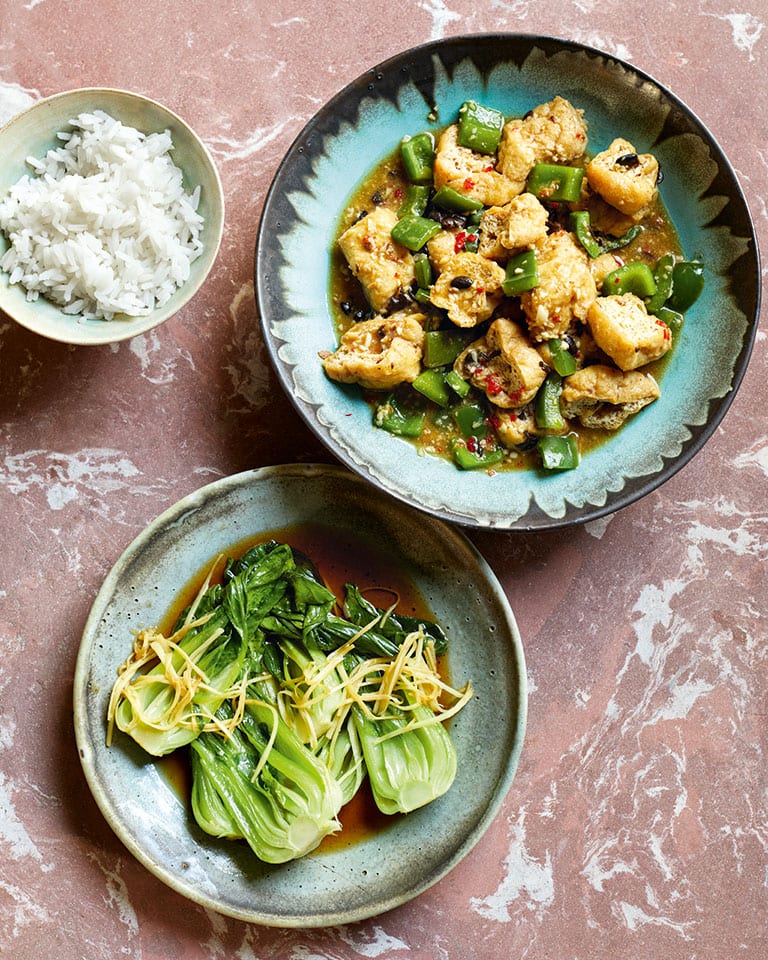
- Onions: Onions have a strong smell that can help to deter pests from pak choi. They also help to improve the flavor of pak choi.
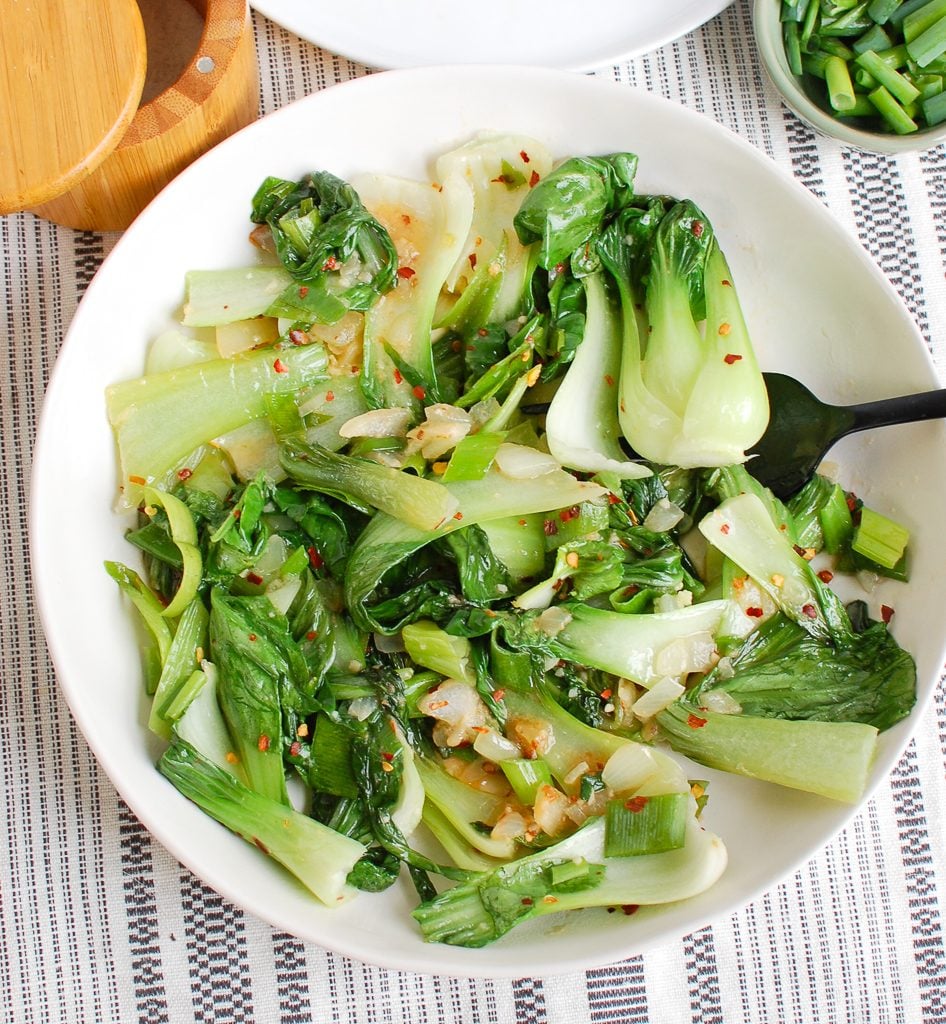
- Cucumbers: Cucumbers and pak choi both prefer full sun and well-drained soil. They can also help to shade each other from the hot sun, which can help to prevent them from bolting.

- Dill: Dill is a herb that can help to repel pests from pak choi. It also helps to improve the flavor of pak choi.

- Marigolds: Marigolds are flowers that can help to deter pests from pak choi. They also help to improve the flavor of pak choi.
- Nasturtiums: Nasturtiums are flowers that can help to deter pests from pak choi. They also help to improve the flavor of pak choi.
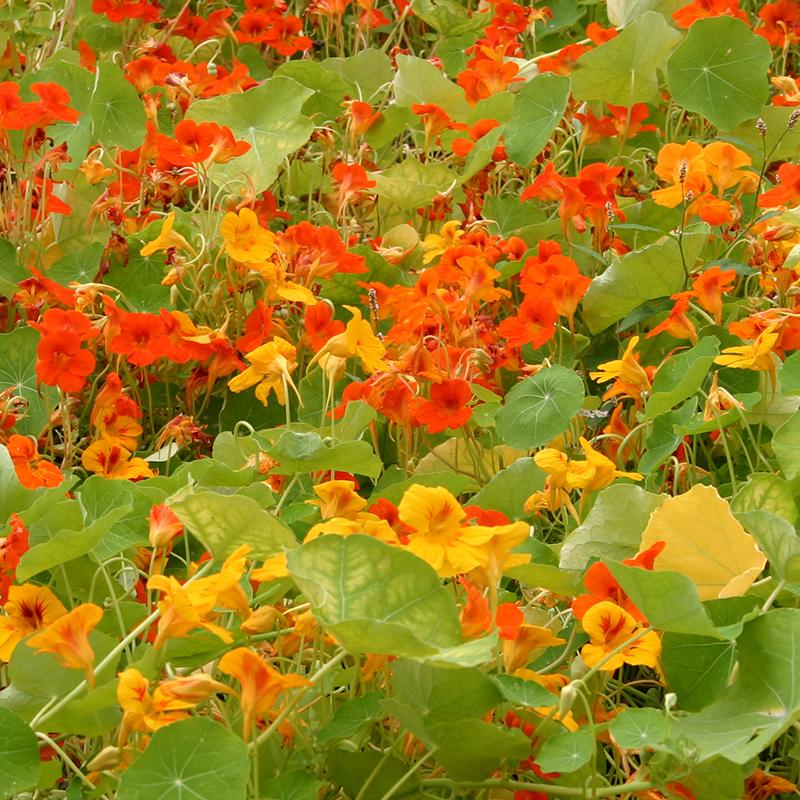
Conclusion:
Pak choi is a delicious and versatile vegetable that is easy to grow. By planting it with the right companion plants, you can improve its growth, flavor, and pest resistance.
Pak choi is a delicious and versatile vegetable that can be grown in many different climates. When choosing companion plants for pak choi, it is important to consider their growth habits and pest-repelling properties. Some good companion plants for pak choi include:
- Onions: Onions help to deter cabbage maggots, aphids, slugs, spider mites, and whitefly.
- Rosemary: Rosemary helps to keep flea beetles and aphids at bay.
- Nasturtiums: Nasturtiums help to attract beneficial insects, such as ladybugs and lacewings, which prey on pests.
- Beans: Beans are nitrogen-fixing plants, which means they can help to improve the soil quality for pak choi.
- Carrots: Carrots help to repel root-knot nematodes, which can be a problem for pak choi.
For more information about pak choi growing companion plants, please visit Home Gardening.
FAQ of pak choi growing companion plants
What are good companion plants for pak choi?
Some good companion plants for pak choi include:
- Onions: Onions help to repel cabbage maggots, as well as aphids, slugs, spider mites, and whitefly.
- Herbs: Herbs such as thyme, celery, borage, rosemary, sage, and nasturtiums can all help to repel pests from pak choi. They can also improve the flavor of the pak choi.
- Potatoes: Potatoes and pak choi have different root systems, so they do not compete for resources. Potatoes also help to shade the pak choi from hot sun.
- Peas and beans: Peas and beans are nitrogen-fixing plants, which means they can help to improve the nitrogen content of the soil for pak choi. They can also provide shade from hot sun.
What are bad companion plants for pak choi?
Some bad companion plants for pak choi include:
- Other brassicas: Brassicas are all closely related, so they are susceptible to the same pests and diseases. Planting pak choi near other brassicas can increase the risk of pest infestation.
- Tomatoes: Tomatoes and pak choi can compete for resources, so it is best to avoid planting them together.
- Strawberries: Strawberries can attract pests that can also damage pak choi.
- Dill: Dill can inhibit the growth of pak choi.
How do companion plants benefit pak choi?
Companion plants can benefit pak choi in a number of ways, including:
- Reducing pest pressure: Companion plants can help to repel pests from pak choi, which can protect the crop from damage.
- Improving soil health: Some companion plants, such as peas and beans, are nitrogen-fixing plants. This means that they can help to improve the nitrogen content of the soil for pak choi, which can lead to healthier plants.
- Providing shade: Some companion plants, such as potatoes, can provide shade from hot sun. This can be beneficial for pak choi, as it can help to prevent the leaves from burning.
How far apart should pak choi plants be planted?
Pak choi plants should be planted about 6-12 inches apart. This will give the plants enough space to grow and develop properly.

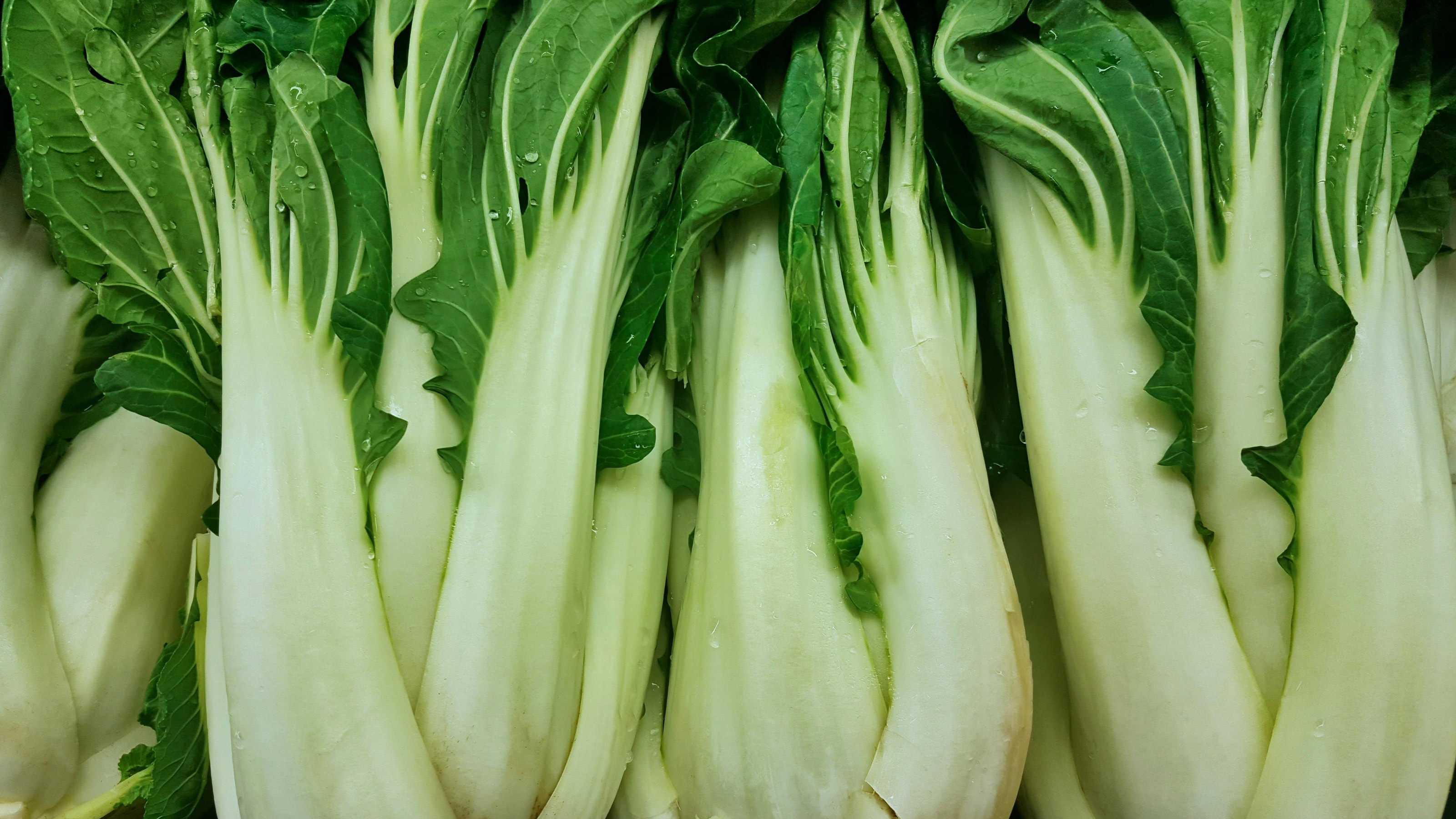
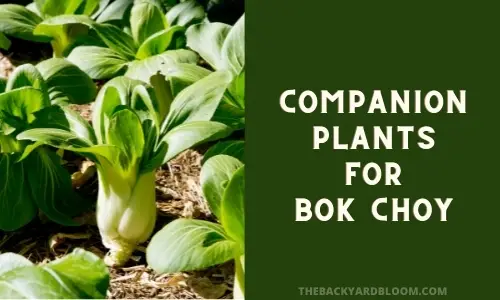
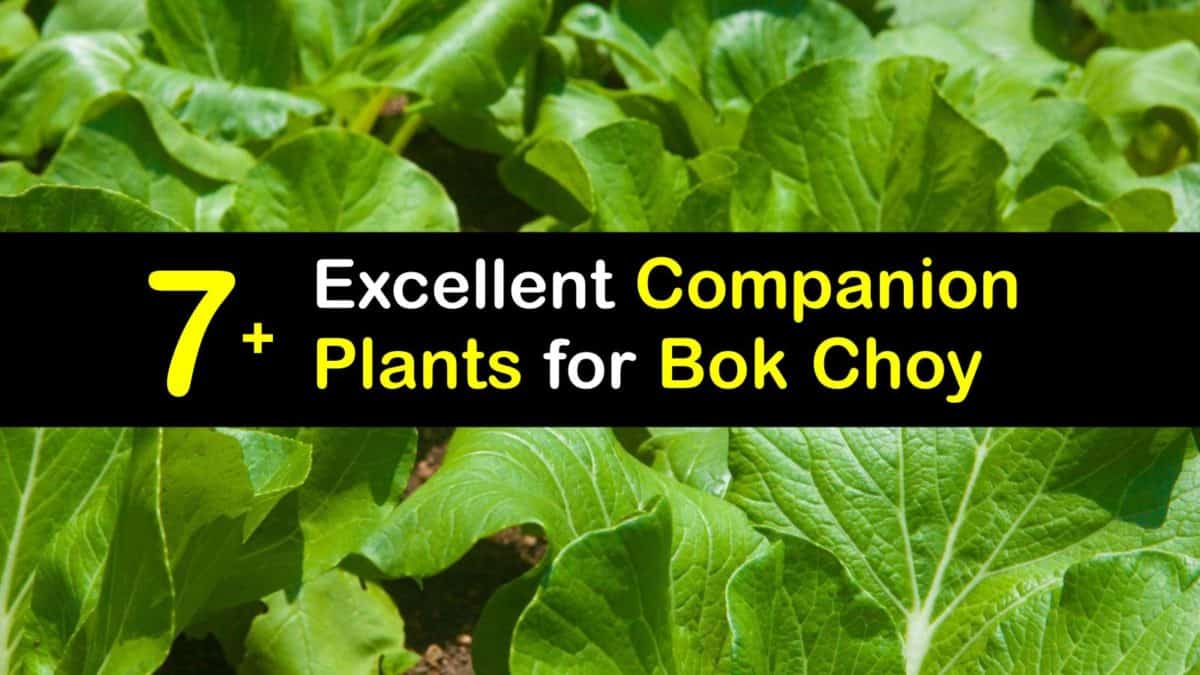
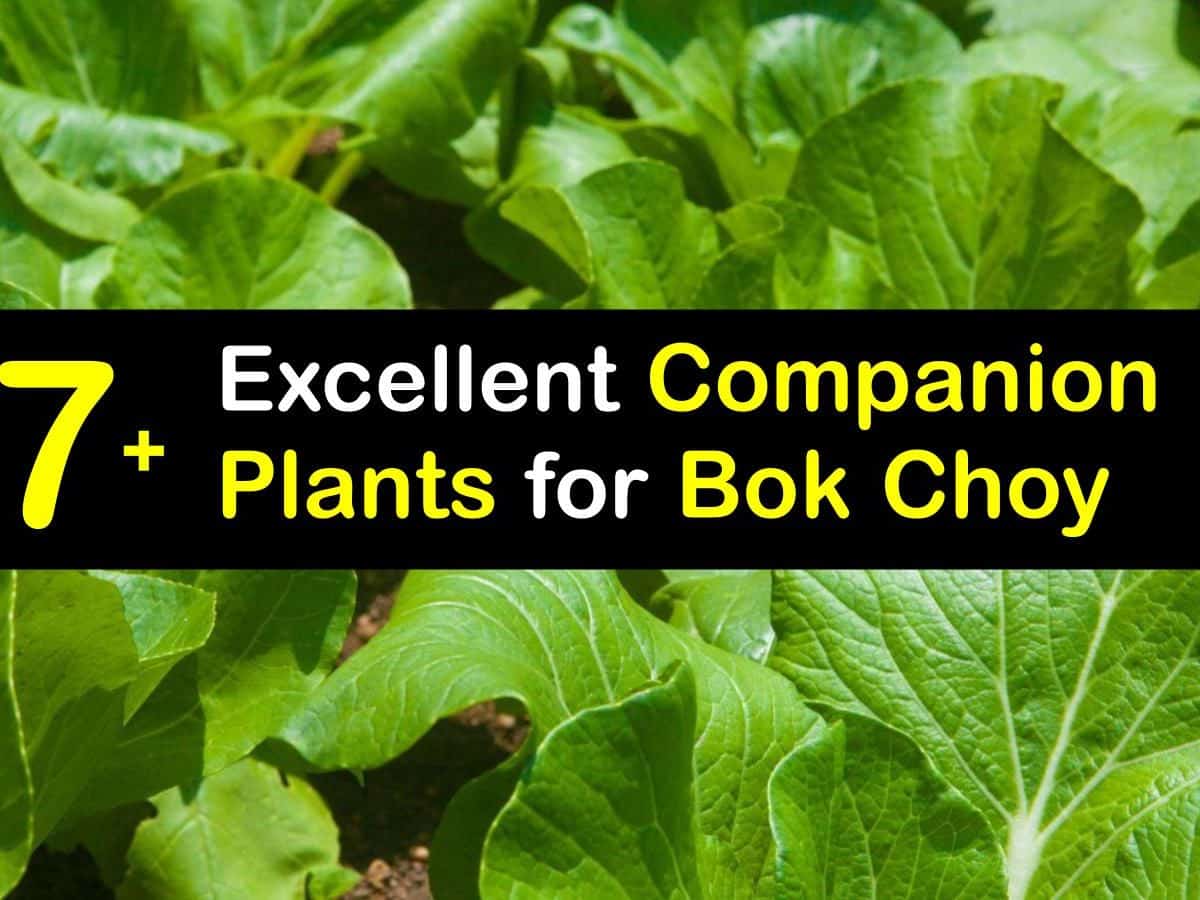
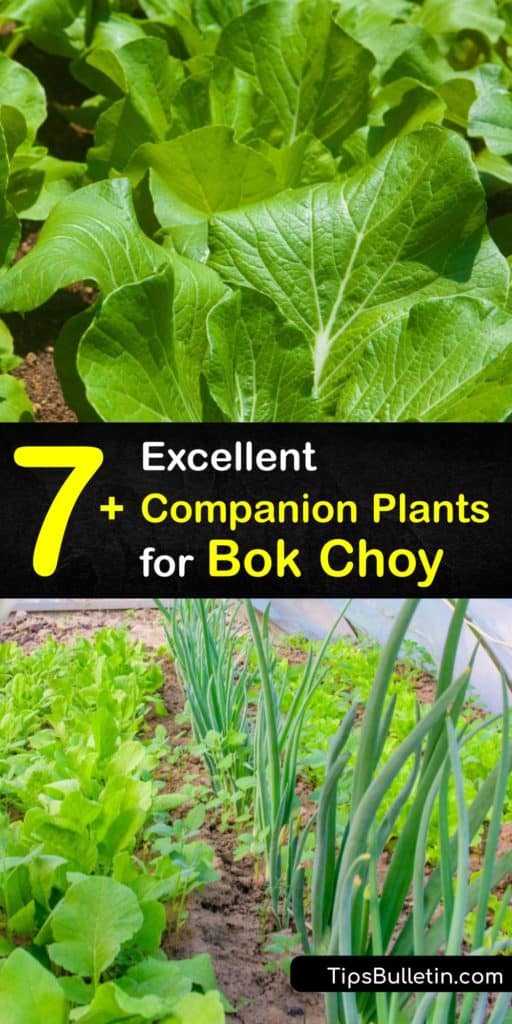
Post a Comment for "Best Companion Plants For Pak Choi"